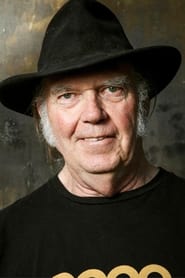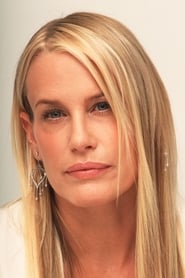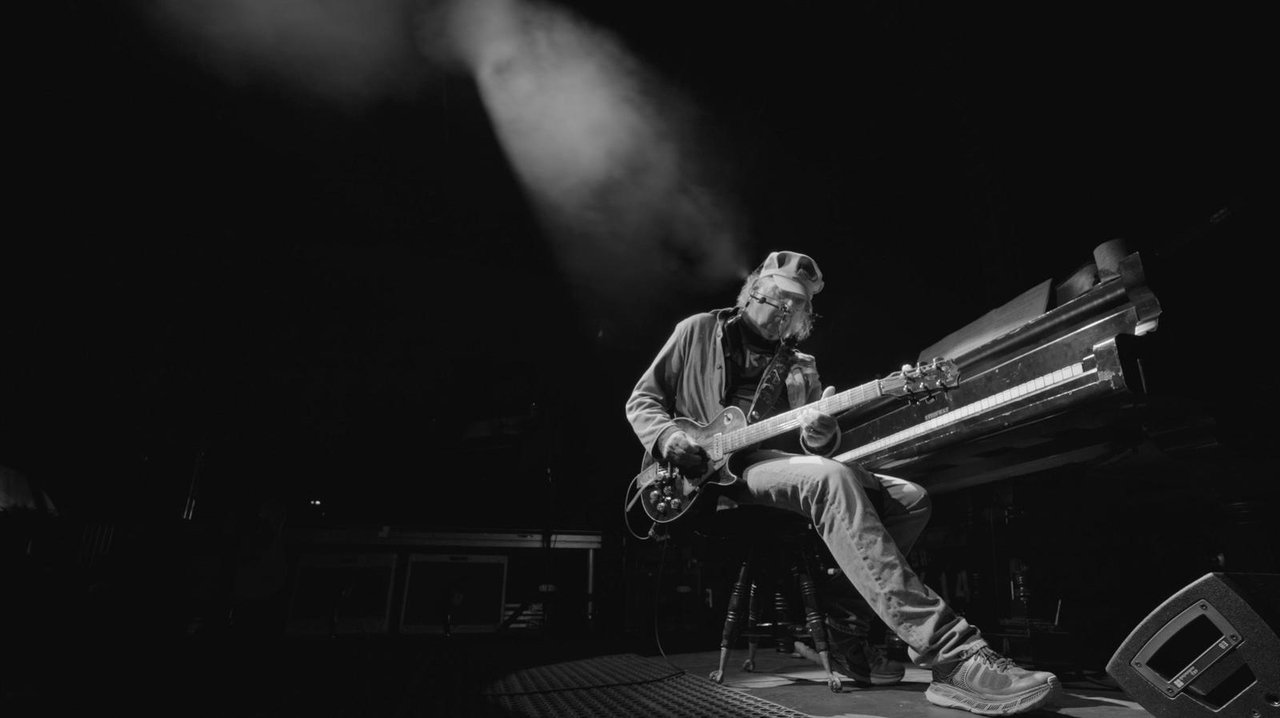

Coastal(2025)
Take a journey with Neil Young on this personal, behind-the-scenes doc as he cruises the coast for his recent solo tour. Coastal gives an intimate view of the maverick musician, as he navigates a return to the stage post-Covid. From his everyday observations on the bus to his candid banter with his audience. Coastal is a rare peek behind the curtain of this unguarded iconoclast.
Movie: Coastal
Top 6 Billed Cast
Self
Self
Video Trailer Coastal
Similar Movies
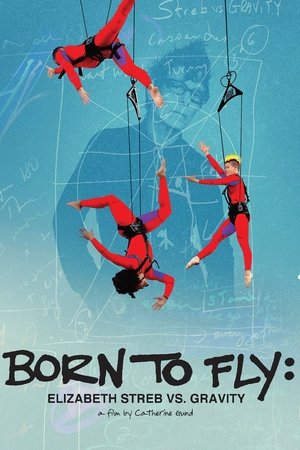 5.2
5.2Born to Fly: Elizabeth Streb vs. Gravity(en)
Born to Fly pushes the boundaries between action and art, daring us to join choreographer Elizabeth Streb and her dancers in pursuit of human flight.
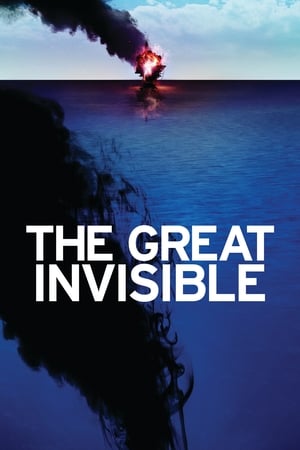 6.5
6.5The Great Invisible(en)
Penetrating the oil industry's secretive world, The Great Invisible examines the Deepwater Horizon disaster through the eyes of oil executives, explosion survivors and Gulf Coast residents who were left to pick up the pieces when the world moved on.
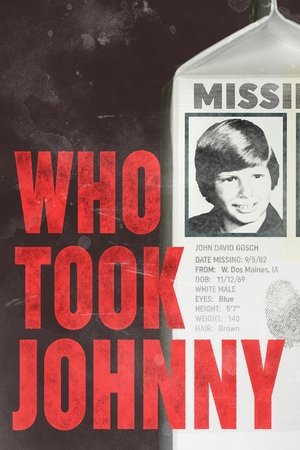 6.8
6.8Who Took Johnny(en)
An examination of the infamous thirty-year-old cold case of Iowa paperboy Johnny Gosch, the first missing child to appear on a milk carton. The film focuses on Johnny’s mother, Noreen Gosch, and her relentless quest to find the truth about what happened to her son. Along the way there have been mysterious sightings, bizarre revelations, and a confrontation with a person who claims to have helped abduct Johnny.
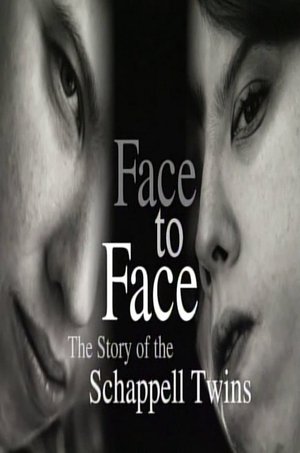 0.0
0.0Face to Face: The Schappell Twins(en)
Two bodies and one mind, this is the extraordinary story of one pair of conjoined twins in today's world.
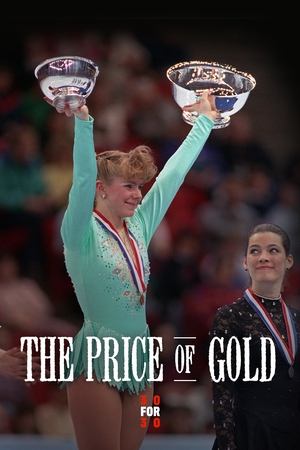 6.6
6.6The Price of Gold(en)
The world couldn't keep its eyes off two athletes at the 1994 Winter Games in Lillehammer - Nancy Kerrigan, the elegant brunette from the Northeast, and Tonya Harding, the feisty blonde engulfed in scandal. Just weeks before the Olympics on Jan. 6, 1994 at the U.S. Figure Skating Championships, Kerrigan was stunningly clubbed on the right knee by an unknown assailant and left wailing, "Why, why, why?" As the bizarre "why" mystery unraveled, it was revealed that Harding's ex-husband, Jeff Gillooly, had plotted the attack with his misfit friends to literally eliminate Kerrigan from the competition. Now two decades later, THE PRICE OF GOLD takes a fresh look through Harding's turbulent career and life at the spectacle that elevated the popularity of professional figure skating and has Harding still facing questions over what she knew and when she knew it.
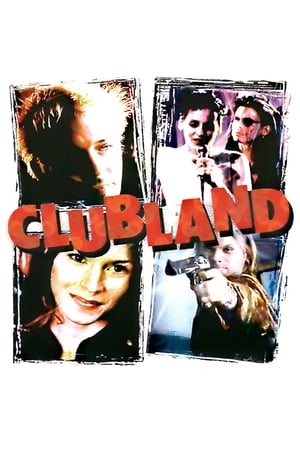 1.0
1.0Clubland(en)
Kennedy is a rebellious, young musician who believes that talent and determination are all it takes to be a success. But as he and his loyal bandmates learn, success carries a heavy price .
The Do Gooders(en)
British documentary filmmaker Chloe Ruthven’s grandparents were aid workers in Palestine. Growing up, she had avoided getting too involved in the subject, recalling how mention of the country made all the adults in her life angry. In her forties, after revisiting her grandmother’s book on the subject, she starts to research a documentary on the effects of foreign aid in the area and is shocked at the continued reliance on it there. Along the way she meets Lubna, a Palestinian woman who acts as her driver and fixer, and who is fiercely critical of Western aid efforts in her country. What begins as a quest to better understand her family history turns into a deeply emotional account of two women trying to understand one another. Ruthven’s determination to focus her film on deeply subjective analysis results in a unique joining of the acutely personal and complexly political. (Source: LFF programme)
Ancestral Voices(en)
An educational documentary spanning two continents, opening up a much-needed debate about traditional African spiritual systems; their cosmologies, ideologies and underlying ethical principles. Modern science no longer refutes the origins of mankind being in Africa and similarities in the cosmological ideologies of African esoteric systems with those found many established world religions today, suggest that it was not only people that migrated, but also concepts and themes that then provided bedrock for the formation of other systems of belief.
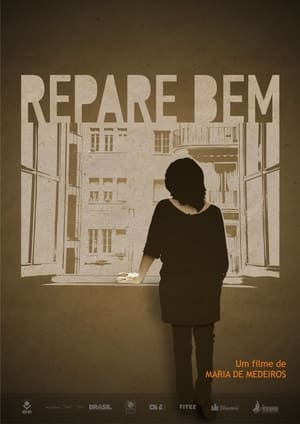 0.0
0.0Repare Bem(pt)
The lives of three generations of women who suffered political persecution during the military dictatorship in Brazil.
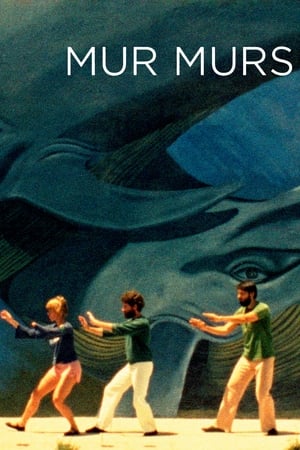 7.4
7.4Mur Murs(fr)
Venturing from Venice Beach to Watts, Varda looks at the murals of LA as backdrop to and mirror of the city’s many cultures. She casts a curious eye on graffiti and photorealism, roller disco & gang violence, evangelical Christians, Hare Krishnas, artists, angels and ordinary Angelenos.
On Hostile Ground(en)
On October 23, 1998, a sniper carrying a high-powered rifle assassinated Dr. Barnett Slepian in his home, altering forever a family, a community, and the bounds of our imaginings about anti-abortion violence. This horrific act punctuated a decade of escalating harassment and violence against women’s heath care providers – a decade marred by murders, assaults, death threats, stalking, clinic blockades, arsons, bombings, and chemical attacks. How do these events affect the personal and professional lives of abortion providers? What motivates them to continue their work in the face of such terrorism?
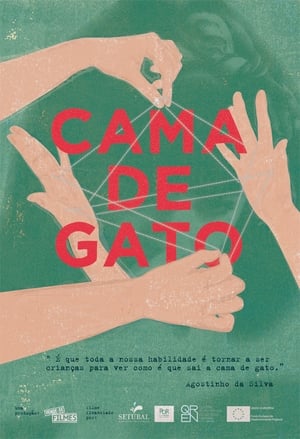 6.2
6.2Cat's Cradle(pt)
We wanted to make a film about a teenage mother. We met Joana in a casting that took place in Setubal, in the Bela Vista neighborhood. She appeared to us as a porcelain doll, small, fragile, pale, with a little hair bow. Little by little, she crumbled apart, revealing a charming complexity. We were conquered by the duality of strength and fragility, freedom and incarceration, joy and sorrow. The intimacy and complicity we were able to establish with her made this film possible. In Cat's Cradle, we share her with everyone else.
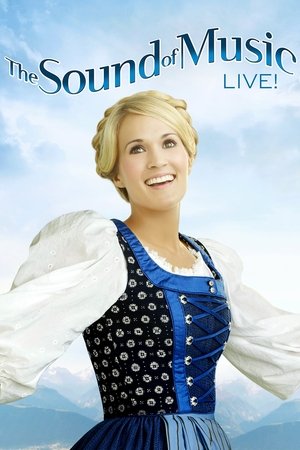 6.3
6.3The Sound of Music Live!(en)
The Sound of Music Live! is a television special that was originally broadcast by NBC on December 5, 2013. Produced by Craig Zadan and Neil Meron, the special was an adaptation of Rodgers and Hammerstein's Broadway musical The Sound of Music, starring country singer Carrie Underwood as Maria von Trapp, performed and televised live from Grumman Studios in Bethpage, New York. Meron felt that if the telecast were successful, the concept could become "another kind of entertainment that can exist on TV." By her request, Underwood's casting as Maria was personally endorsed by Julie Andrews, who starred in the 1965 film.
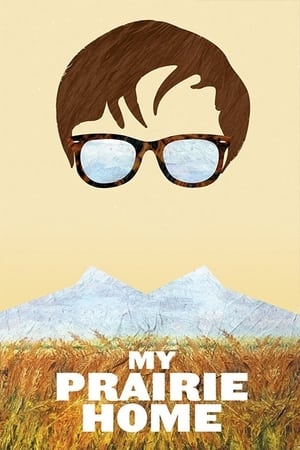 6.7
6.7My Prairie Home(en)
A true Canadian iconoclast, acclaimed transgender country/electro-pop artist Rae Spoon revisits the stretches of rural Alberta that once constituted “home” and confronts memories of growing up queer in an abusive, evangelical household.
 9.0
9.0Marvin Hamlisch: What He Did For Love(en)
When Marvin Hamlisch passed away in August 2012 the worlds of music, theatre and cinema lost a talent the likes of which we may never see again. Seemingly destined for greatness, Hamlisch was accepted into New York’s Juilliard School as a 6-year-old musical prodigy and rapidly developed into a phenomenon. With instantly classic hits ‘The Way We Were’ and ‘Nobody Does It Better’ and scores for Hollywood films such as The Swimmer, The Sting and Sophie’s Choice and the Broadway juggernaut A Chorus Line; Hamlisch became the go-to composer for film and Broadway producers and a prominent presence on the international Concert Hall circuit. His streak was staggering, vast, unprecedented and glorious, by the age of 31 Hamlisch had won 4 Grammys, an Emmy, 3 Oscars, a Tony and a Pulitzer prize: success that burned so bright, it proved impossible to match.
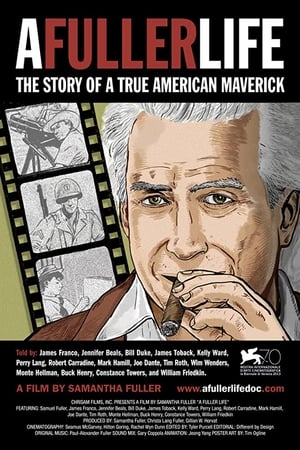 6.6
6.6A Fuller Life(en)
Friends and admirers of iconoclastic film director Sam Fuller read from his memoirs in this unconventional documentary directed by Fuller's only child, Samantha.
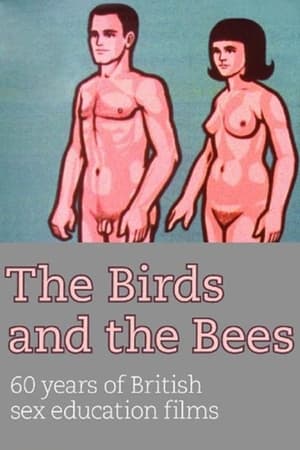 6.0
6.0Growing Girls(en)
After several farmyard analogies featuring chicks and calves, the well-spoken narrator and director of the film, Winifred Holmes, considers the subject of girls and how they reach adulthood and readiness for the 'important job of motherhood.
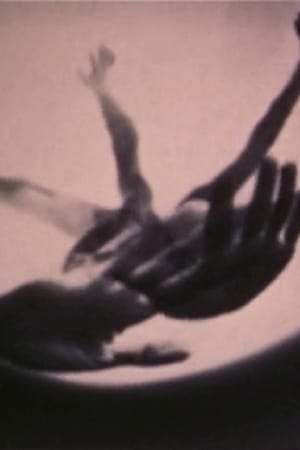 6.3
6.3Introspection(en)
The film is set to the music of Franz Schubert and is very strange. Much of it consists of disembodies arms and legs all moving about to the music. There are also folks in body suits moving rhythmically to the tune. Occasionally, there are shots of a guy in full color with multiple exposures.
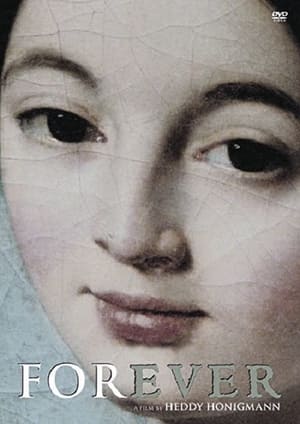 8.6
8.6Forever(en)
Père-Lachaise - one of the world's most famous and beautiful cemeteries - is the final resting-place of a gifted group of artists from all eras and corners of the world. Some - such as Piaf, Proust, Jim Morrison and Chopin - are worshiped to this day. Others have fallen into oblivion, or are visited occasionally by a single admirer. In Forever we see the mysterious, calming and consoling beauty of this unique cemetery through the eyes of people of flesh and blood. Many come for their 'own' beloved: husbands, wives, family and friends. Others Honor 'their' artist by leaving behind a personal message or a flower. While admirers share with us the importance of art and beauty in their lives, the graveyard gradually reveals itself as a source of inspiration for the living. Death offers little consolation except for the passing of time, the melancholia of a moss-covered tomb, and the beauty and power of a piece of music, a poem or a painting Written by Cobos
 6.6
6.6Jack Smith and the Destruction of Atlantis(en)
In this entrancing documentary on performance artist, photographer and underground filmmaker Jack Smith, photographs and rare clips of Smith's performances and films punctuate interviews with artists, critics, friends and foes to create an engaging portrait of the artist. Widely known for his banned queer erotica film Flaming Creatures, Smith was an innovator and firebrand who influenced artists such as Andy Warhol and John Waters.
